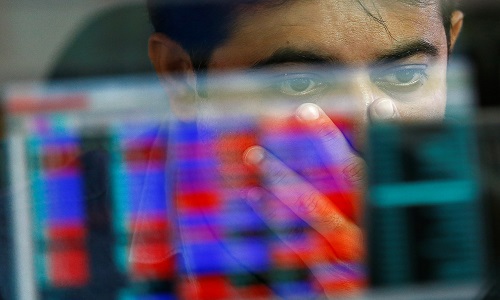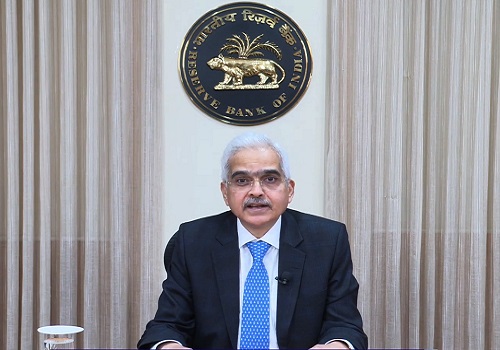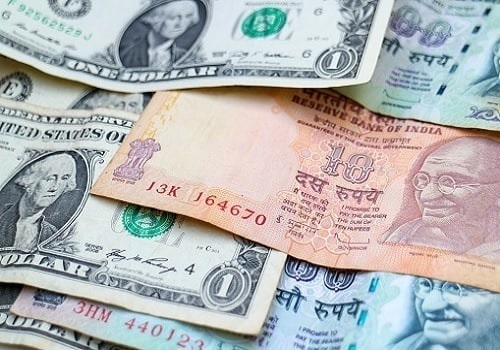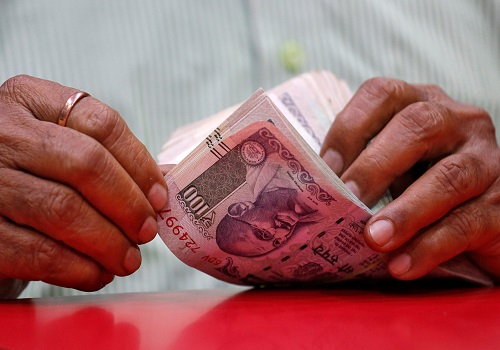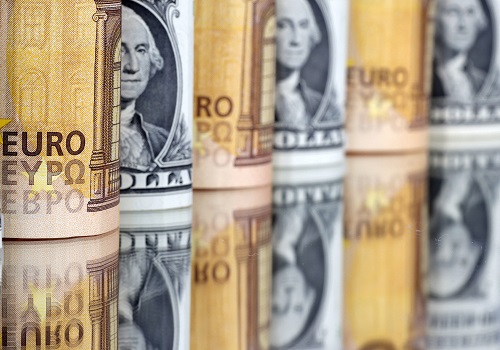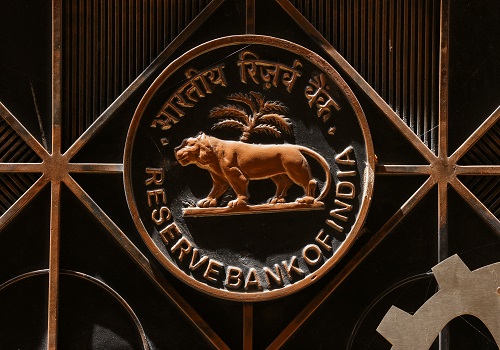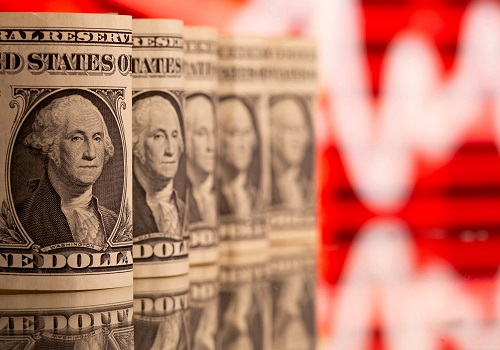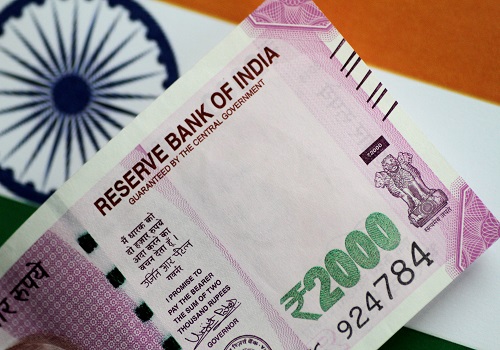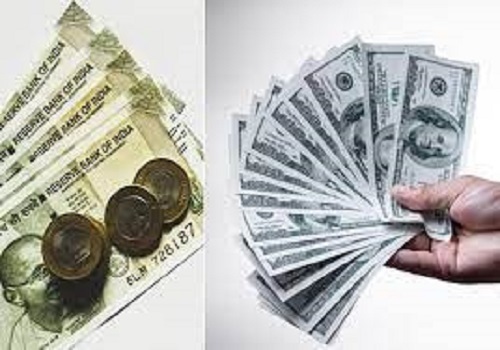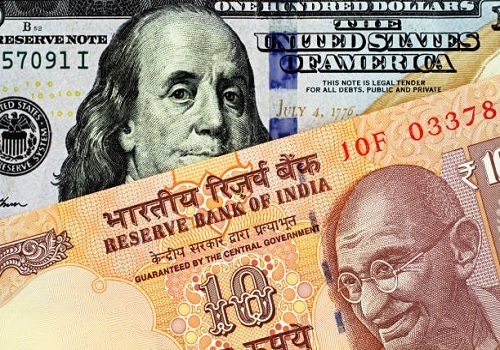Safe havens yen, franc retreat, kiwi jumps after RBNZ meeting
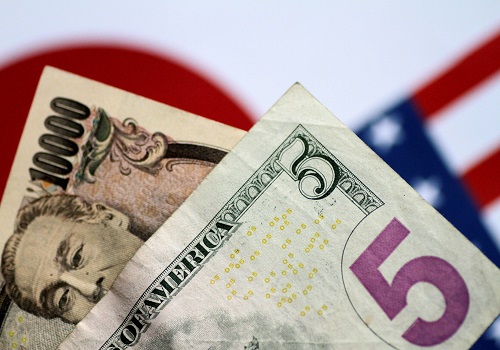
Follow us Now on Telegram ! Get daily 10 - 12 important updates on Business, Finance and Investment. Join our Telegram Channel
HONG KONG - The dollar was on the front foot against the safe-haven Japanese yen and Swiss franc on Wednesday, as whipsawed markets looked to get a handle on the latest developments around Ukraine, though heightened nervousness kept most major pairs fairly muted .
Away from the threat of a full-scale Russian invasion of Ukraine, the New Zealand dollar jumped 0.44% after the Reserve Bank of New Zealand raised interest rates, and said more tightening could be necessary.
One U.S. dollar was worth 115.03 yen in early Asia trade, with the greenback having climbed steadily overnight from its near three-week low of 114.48 hit Monday, and at 0.9210 francs, after a 0.63% overnight rally.
Both safe haven assets had been advancing for the past week as rising tensions in Ukraine sent investors seeking safety.
The tensions reached crisis point this week when Russia ordered troops into separatist regions of eastern Ukraine, Western nations responded with sanctions, and threatened to go further if Moscow launched an all-out invasion of its neighbour.
However, the euro was comparatively unaffected, and was last at $1.1331, marginally higher in early Asia, having traded choppily this week, but without finding a clear direction.
Sterlingwas steady at $1.35890, and left the dollar index, which tracks the currency against major peers at 96.026, barely changed this week.
"Russia‑Ukraine tensions remain front of mind," said analysts at CBA in a morning note to clients, but they added "the market reaction is modest so far because the Russian, European and U.S. actions have been flagged for some time."
High prices for energy, partly a result of the situation in Ukraine, and other commodities helped the Australian dollar rise to $0.7235 on Wednesday, its highest in nearly two weeks.
Oil rose to nearly $100 a barrel on Tuesday on worries of the Ukraine crisis could cause supply disruptions, and reached its highest level since 2014. [O/R]
These higher prices were also having an effect in Europe and the dollar tumbled 1.3% on the Norwegian krone on Tuesday.
On the global monetary front, the Reserve Bank of New Zealand gave investors a reminder that central bank policy was still a major factor in currencies.
While its 25-basis-point hike, its third hike in a row, was widely expected, the central bank said more tightening would be needed, and that it was willing to move rates by larger increments in the future if necessary.












 320-x-100_uti_gold.jpg" alt="Advertisement">
320-x-100_uti_gold.jpg" alt="Advertisement">



